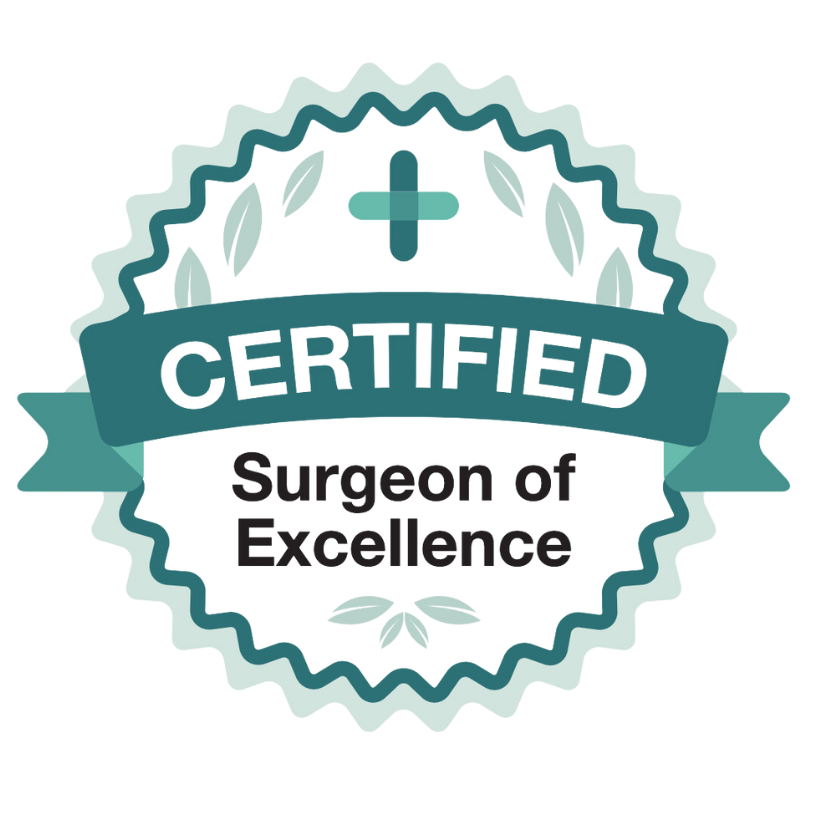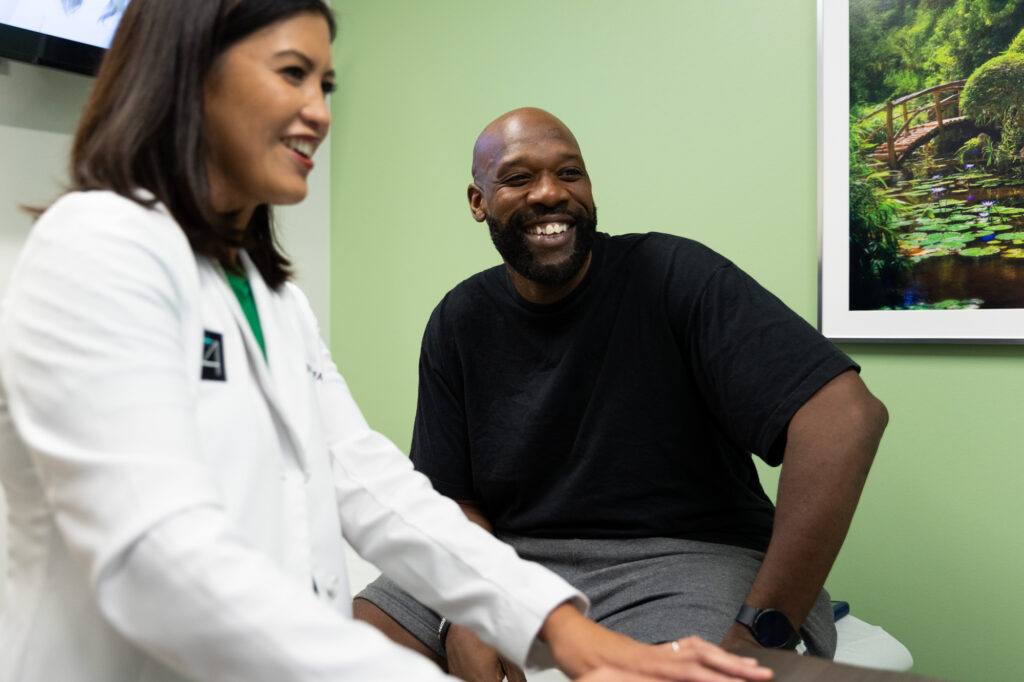
Hiccups or Burping After Bariatric Surgery? Here’s What Can Help.
After undergoing bariatric surgery, your body undergoes significant changes, requiring adjustments to your diet and lifestyle to support healing. While these changes are essential for recovery, they can sometimes lead to unexpected side effects, such as hiccups. Though hiccups may seem minor, they can be uncomfortable and may even indicate issues with your eating habits or recovery progress. In this blog, we’ll explore why hiccups occur after bariatric surgery, what they might signify, and how to effectively manage and prevent them so you can stay focused on your healing journey.
Why Do Hiccups Happen After Bariatric Surgery?
Hiccups after bariatric surgery can stem from several factors. One common cause is the reduction in stomach size, particularly after procedures like the gastric sleeve. This change can irritate the diaphragm, leading to involuntary contractions that result in hiccups. In some cases, these contractions may be accompanied by discomfort, especially if eating habits haven’t been adjusted post-surgery.
Another factor is the need to adapt to new eating patterns. After gastric surgery, it’s crucial to eat slowly and chew food thoroughly. Eating too quickly or not chewing enough can cause you to swallow air, which may trigger hiccups or even chest pain due to gas buildup.
What Causes Burping After Bariatric Surgery?
Burping, like hiccups, often results from swallowing excess air while eating or drinking too quickly. This air accumulates in the stomach, leading to bloating and burping. Additionally, carbonated beverages should be avoided after surgery, as they introduce gas into the digestive system, worsening burping and potentially stretching the stomach pouch.
Certain foods, such as beans, broccoli, and onions, are known to produce more gas during digestion. While these foods are generally manageable for a healthy digestive system, they may need to be limited after gastric bypass or sleeve surgery to avoid discomfort. Opting for snacks, like protein bars, can help maintain nutrition without overburdening your digestive tract.
The Connection Between Hiccups and Burping
Both hiccups and burping are common in the early months following bariatric surgery as your body adapts to its new structure and function. Swallowing air while eating too quickly or not chewing food thoroughly can lead to gas buildup, triggering these symptoms. The changes to your stomach size and digestive process make you more prone to both hiccups and burping during recovery.
How to Manage Hiccups and Burping After Surgery
If you’re looking for relief, start by adjusting your eating habits. Eat slowly, chew your food thoroughly, and avoid talking while eating to minimize air intake. Practicing mindful eating not only helps reduce hiccups and burping but also allows you to better recognize hunger and fullness cues.
It’s also important to avoid drinking large amounts of liquid during meals, as this can contribute to air swallowing. Steer clear of carbonated beverages entirely, as they can introduce excess gas and hinder your stomach’s healing process.
When to Seek Medical Advice
While hiccups and burping are usually harmless, persistent or severe symptoms may warrant medical attention. If hiccups or burping last longer than 48 hours, or if they’re accompanied by significant discomfort, chest pain, or difficulty swallowing, consult your healthcare provider immediately. Additionally, if you experience fever, vomiting, or unusual pain, such as left-side pain after surgery, contact your doctor right away. It’s always better to err on the side of caution when it comes to your recovery.
Hiccups and burping are common side effects after bariatric surgery, often caused by changes in your digestive system and eating habits. By eating slowly, chewing thoroughly, avoiding carbonated drinks, and choosing easily digestible foods, you can minimize these symptoms and support your recovery. Incorporating protein bars and chewable vitamins, can also help ensure proper nutrition without straining your digestive system. However, if hiccups or burping persist for more than 48 hours or are accompanied by pain, fever, or other concerning symptoms, seek medical advice promptly. With patience and mindful habits, you can navigate these challenges and stay on track with your healing journey.
How Healthcare Providers Can Help
A key part of preventing dehydration is patient education. Healthcare professionals can explain why hydration is critical and teach you to recognize early warning signs of dehydration. They may suggest practical strategies, such as setting reminders to drink small amounts of water regularly. Ongoing follow-up visits are also valuable for tracking hydration levels and addressing any post-surgery issues. Some patients may need more customized hydration plans based on their specific circumstances or medical challenges.
Staying well-hydrated after bariatric surgery is essential, even though it can be challenging due to surgical changes in the digestive tract. If dehydration is not addressed promptly, it can develop into a serious health issue. If you ever have concerns about your fluid intake, consult your healthcare team.. Regular follow-ups can also detect any nutrient deficiencies—such as those linked to hair loss or digestive health—ensuring you remain on track with your recovery.
While traditional insurance plans provide bariatric surgery coverage, SurgeryPlus is an all-inclusive benefit offered by a select group of companies. The companies listed below are only some that offer the SurgeryPlus bariatric surgery benefits to their employees:
- American Airlines
- Delta
- Hyatt
- State Farm
- Home Depot
- CVS
- Hilton
- Autozone
Don’t see your employer listed? Talk with your surgeon or contact SurgeryPlus to find out if your employer offers the benefit.
Bettering your health may seem like a daunting and expensive task at first but it does not have to be. By using healthcare resources provided by your employer you can expect doctors who care for you and are the most trusted professionals in the industry. If you are looking for surgeons who are passionate about providing quality care for both bariatric surgery in the Austin Area, give us a call at 512-260-3444. As proud SurgeryPlus providers, you can gain access to procedures, treatments, and surgeries so you live a healthy and happier life.
Schedule Your Appointment to Look and Feel Refreshed
B+A Medical Center is a surgeon-owned and operated clinic offering advanced and effective bariatric and weigh-loss surgery in Cedar Park.

